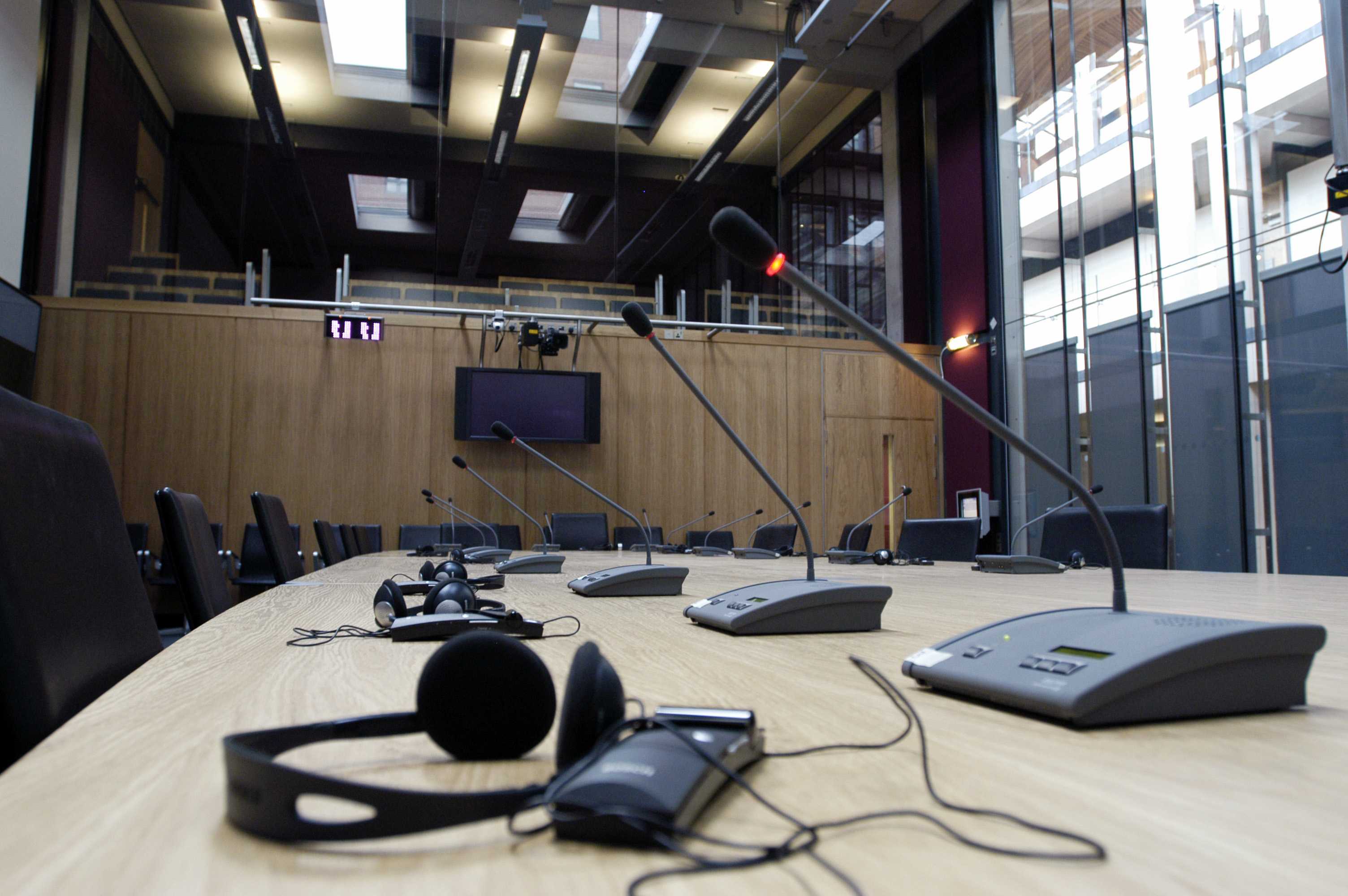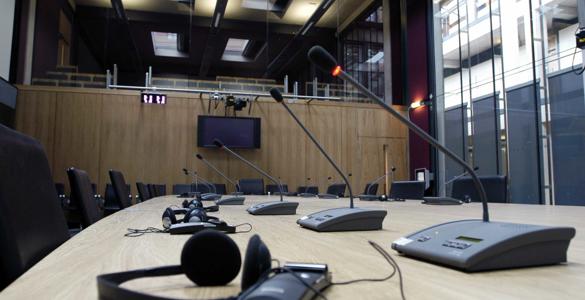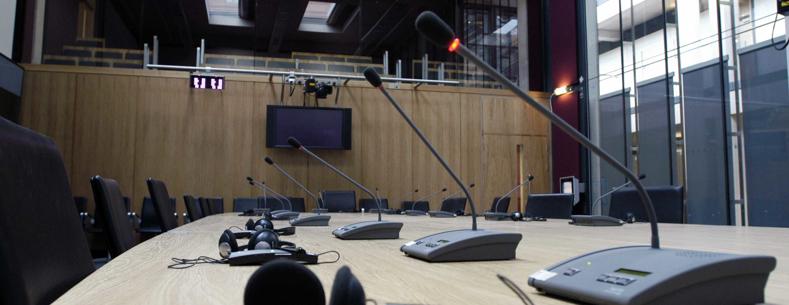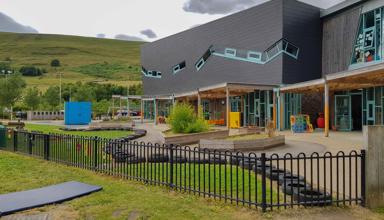Article by Michael Dauncey, National Assembly for Wales Research Service
 The Assembly’s Children, Young People and Education Committee has decided to consider the Welsh Government’s plans to create a new legal framework for Additional Learning Needs (ALN). This new framework will replace the current system of Special Educational Needs (SEN), which the Welsh Government itself recognises is ‘no longer fit for purpose’. The Committee will undertake some ‘pre-legislative scrutiny’ of the draft Additional Learning Needs and Education Tribunal (Wales) Bill, which the Welsh Government published for consultation in July. The Committee will then respond formally, giving its views to the Welsh Government, based on the evidence it receives. Accompanying the draft Bill (PDF 29KB) is an Explanatory Memorandum (PDF 1.2MB), which sets out the intended purpose and effect of the proposed legislation, and a working draft Code (PDF 990KB), which the Welsh Government has published for ‘illustrative purposes’. The Code will contain much of the detail for how the new system is going to work, including mandatory duties on those involved in delivering it. The Minister for Education and Skills, Huw Lewis, says he ‘wants those responding to the consultation on the draft Bill to have access to information that may be useful to them in forming a view about its provisions and practical impact’. So what is actually in the draft Bill? Well it has three overarching policy objectives:
The Assembly’s Children, Young People and Education Committee has decided to consider the Welsh Government’s plans to create a new legal framework for Additional Learning Needs (ALN). This new framework will replace the current system of Special Educational Needs (SEN), which the Welsh Government itself recognises is ‘no longer fit for purpose’. The Committee will undertake some ‘pre-legislative scrutiny’ of the draft Additional Learning Needs and Education Tribunal (Wales) Bill, which the Welsh Government published for consultation in July. The Committee will then respond formally, giving its views to the Welsh Government, based on the evidence it receives. Accompanying the draft Bill (PDF 29KB) is an Explanatory Memorandum (PDF 1.2MB), which sets out the intended purpose and effect of the proposed legislation, and a working draft Code (PDF 990KB), which the Welsh Government has published for ‘illustrative purposes’. The Code will contain much of the detail for how the new system is going to work, including mandatory duties on those involved in delivering it. The Minister for Education and Skills, Huw Lewis, says he ‘wants those responding to the consultation on the draft Bill to have access to information that may be useful to them in forming a view about its provisions and practical impact’. So what is actually in the draft Bill? Well it has three overarching policy objectives:
- A unified legislative framework to support children and young people aged 0-25 with ALN (as opposed to the current system for SEN up to age 16 and Learning Disabilities and/or Disabilities (LDD) for post-16, both of which are covered by separate legislation);
- An integrated, collaborative process of assessment, planning and monitoring with early, timely and effective interventions (including duties on health boards and local authorities to collaborate with each other to meet each child or young person's ALN through an Individual Development Plan);
- A fair and transparent system for providing information and advice, and for resolving concerns and appeals (overhauling a system the Minister describes as ‘complex, bewildering and adversarial’ – the Draft Bill also renames and expands the existing SEN Tribunal, calling it the ‘Education Tribunal for Wales’).
The Welsh Government frames its approach to the draft Bill within 10 core aims. These are described and expanded upon within the Explanatory Memorandum. The Welsh Government had planned to introduce legislation during the summer but the Minister decided to defer this in favour of consultation on a draft Bill, thus delaying the reforms until early in the next Assembly. In explaining the reasons for his decision in June 2015, the Minister said ‘it is vital we design change with the profession and do not impose it upon them’, which led him to decide ‘we need to build in an important additional step in our reform journey’. In June, we provided a timely overview of the current arrangements in our Research Paper, Special Educational Needs (SEN)/Additional Learning Needs (ALN) in Wales (PDF 1.21MB). Plans and preparations for the changes to the system have been long in the making and the paper also charted the journey of review and reform that has taken place throughout much of the devolution era. So who will the planned reforms mainly affect and what is the position now? In August, we published a statistical note (PDF 465KB) on the latest numbers, and relative academic performance, of pupils with SEN, as well as how much money is spent on supporting them. To give a snapshot:
- There are currently 105,000 pupils with SEN in maintained schools in Wales, equating to one in five schoolchildren.
- Only a minority of them (12%) have a statement of SEN and the large majority (88%) are supported through one of the first two tiers of intervention, School Action and School Action Plus.
- 19.7% of all pupils with SEN achieved 5 or more GCSEs at grades A*-C or equivalent in 2014, compared to 56.2% of all pupils. The gap of 36.5 percentage points is broadly the same as in 2010 when it was 36.8.
- 9.3% of pupils with statements achieved 5 or more GCSEs at grades A*-C or equivalent, compared to 17.3% at School Action Plus and 24.1% at School Action.
- At each of Key Stages 2, 3 and 4, the cohort of pupils with SEN receiving any of the three tiers of intervention achieved higher in 2014 than 2010.
- £356 million is budgeted by local authorities in 2015-16 to provide for SEN. £789 is budgeted per pupil (all pupils not SEN cohort).
And what happens now? The Welsh Government is consulting on the draft Bill until 18 December 2015. The Assembly’s Children and Young People Committee is inviting views from anyone interested or concerned until 11 November 2015. The Committee will then consider what recommendations, conclusions or observations it wants to pass on to the Welsh Government, with a view to influencing and contributing to the most effective legislation possible that comes forward in the Fifth Assembly. The Welsh Government stresses that ALN reform is ‘part and parcel’ of other education reforms the Welsh Government is taking forward. These include most notably: the new Curriculum for Wales (Donaldson); reform of Initial Teacher Training (Furlong); and continuing professional development for the education workforce (the New Deal), which Huw Lewis calls a ‘tripartite programme of reform’ (PDF 322KB) over the next few years.






